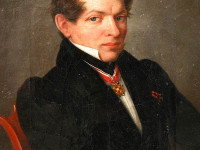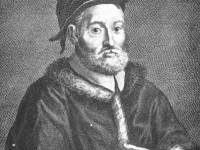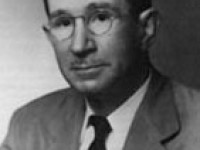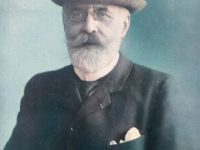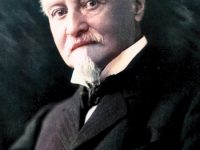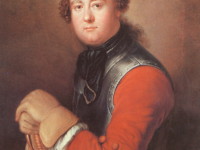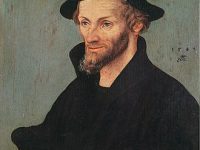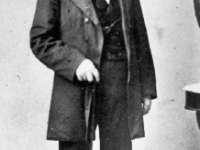Nikolai Lobachevsky – The Copernicus of Geometry
On February 24, 1856, Russian mathematician and geometer Nikolai Ivanovich Lobachevsky passed away. He is known primarily for his work on hyperbolic geometry. Lobachevsky’s main achievement is the development (independently from János Bolyai) of a non-Euclidean geometry, also referred to as Lobachevskian geometry. Nikolai Lobachevsky – Early Years Nikolai Lobachevsky was born as one of three children either in or near the city of Nizhny Novgorod in Russia in 1792 to parents…
Read more

